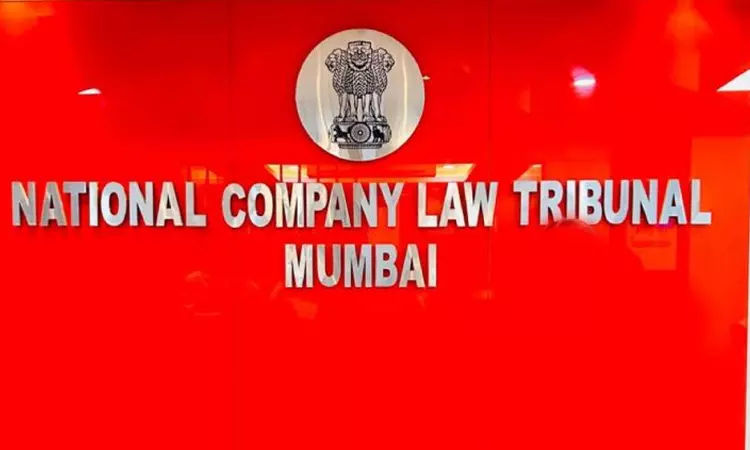NCLT Mumbai: Notice To CD Recalling Loan Facility Doesn't Constitute Demand On Corporate Guarantor
Sachika Vij
5 July 2024 1:45 PM IST

Next Story
5 July 2024 1:45 PM IST
The National Company Law Tribunal ('NCLT') Mumbai bench comprising Justice K. R. Saji Kumar (Judicial Member) and Mr. Sanjiv Dutt (Technical Member) held that notice to Corporate Debtor recalling loan facility doesn't constitute Demand on Corporate Guarantor. Background Facts: State Bank of India (“SBI'), the financial creditor, extended various creditor facilities...
